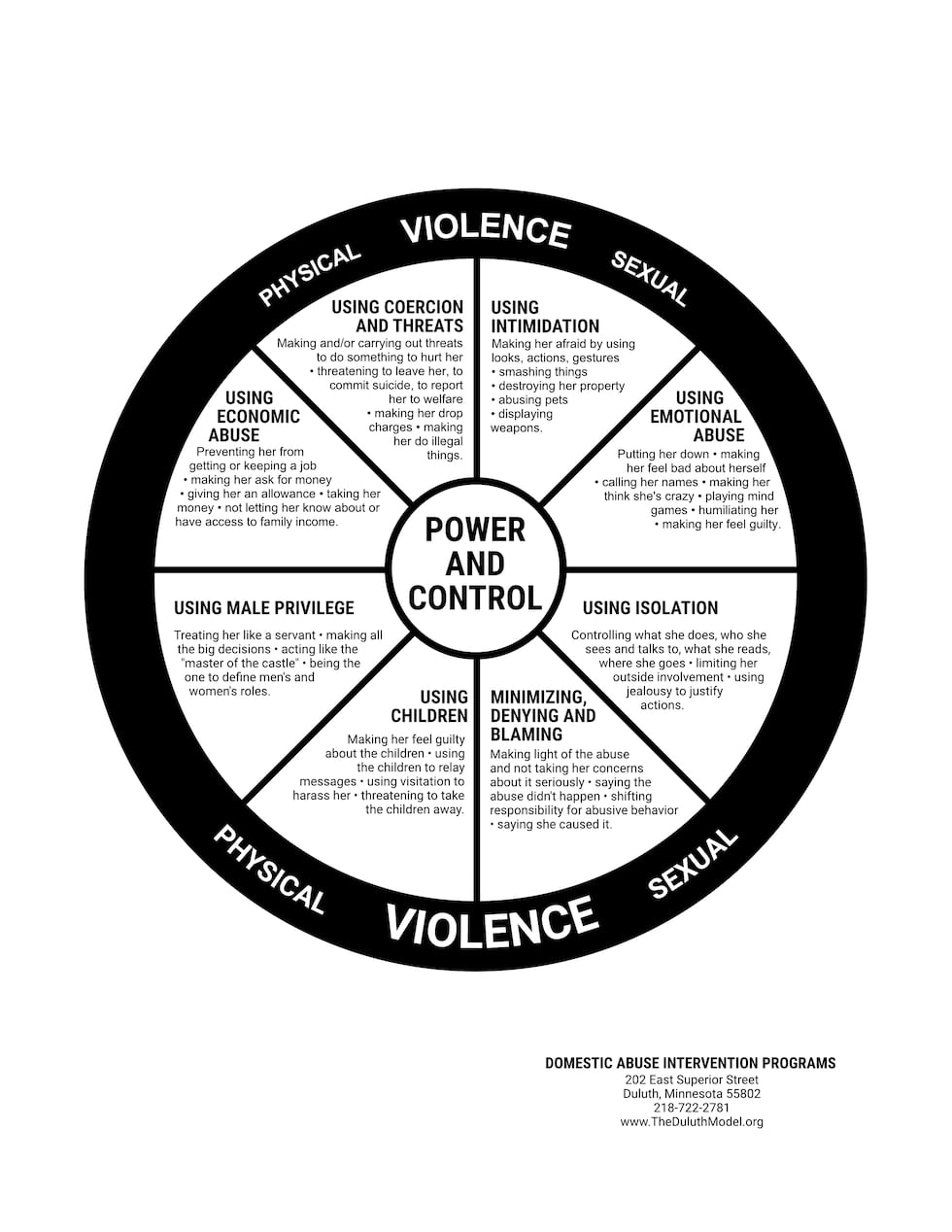Domestic violence at forefront of Northland crime review
KANSAS CITY, Mo. (KCTV) - A neighborhood crime meeting looked a little different the day after Kansas City Police Chief Stacey Graves announced an alarming homicide statistic. In just the first three months of this year, the department has investigated 12 domestic violence homicides. That’s as many as all of last year.
It prompted North Patrol Division Major Michelle Hon to take a different approach to the division’s first quarterly crime meeting Tuesday night.
“We wanted to educate and empower citizens who are living in the Northland about how they can help their friends and neighbors,” said Hon.
The quarterly crime meetings, which happen in all six of the city’s patrol divisions, usually draw the same small group of residents who come to review all the crime stats with commanders and ask questions. Some, like Penny Thomas, are neighborhood watch captains. They then spread the word.
This Tuesday, the general presentation was shortened to give an hour to domestic violence prevention advocates. Thomas listened with compassion, as someone close to one of those homicides.
“If there’s something more we can be doing to prevent these tragedies, I want to know what we can do,” Thomas said.
Overall, crime is down in North Patrol, said Hon. That includes violent crime and property crime. Still, the number of homicides attributed to domestic violence is alarming.
On Jan. 2, firefighters responded to smoke coming from a home. Once inside, they found a man and his two children, ages 6 and 8, shot dead. Police declared it a murder-suicide. Charlotte Hatcher was 6 years old and Jeffery Hatcher was 8 years old.
A month later, police found three women shot dead in a home on Feb. 2. Hailey Hopcus was 24. Her mother, Jodie Hopcus was 49. Jodie’s mother, Sherri Duncan, was 73. Jodie’s boyfriend was charged with murdering all three of them.
On March 4, police found a husband and wife dead in their home. Holly Weimer was 44. Police called it a murder-suicide. All of those happened in the North Patrol area, which encompasses primarily the Platte County portion of the city’s Northland.
UNDERSTANDING DOMESTIC VIOLENCE
Not all abuse is physical, and relationships that become physically abusive often began with other actions. Warning signs include attempts for establish and maintain power and control.
Christina Cherry, the program director at Synergy Services, shared a tool called a Power and Control Wheel. She advised people can look at the categories to see if someone they know is in an abusive relationship. Or, she said, share it with someone you’re concerned about and ask, “Does any of this sound familiar?”

“Often they’ll look at it and say, ‘Oh my God, this is my life. This is what’s going on,’” Cherry said. “And sometimes that’s their first realization that this is truly an abusive relationship.”
Cherry began by making people aware that there are legitimate reasons why people stay in abusive relationships, reasons Hon is familiar with in all her years of policing.
“Telling people why don’t you just leave is not the answer in that it’s complicated,” Hon said.
Attempting to leave a violent relationship can cause the violence to escalate. Synergy said 75-80% of DV homicides happen after someone leaves.
If they have children in common, they worry about the kids. Their abuser might use custody of the children as a threat. They might not have the financial independence and housing to leave. Often they lack social support. Abusers often attempt to isolate the person or people they are abusing.
WHAT CAN YOU DO?
Start by believing.
“If they come to you and say that they’re in an abusive relationship, they need to hear I believe you and I care for you,” said Cherry.
Then, be present, be patient and be prepared. Being present means understanding that victims of abuse often retreat.
“Even if they can’t be present, letting them know that you’re there, sending them a text, ‘Hey, I’m thinking about you,’ and even if they can’t reply, just doing it every now and then so that they know that door is open,” Cherry described.
Being patient means understanding that abuse survivors may not be ready to leave. Don’t give up on them. Some of the people at Synergy’s shelter have come, left, then come back, on average seven times. A survivor may not be ready yet, but each time is one step closer to freedom.
Being prepared means having hotlines at the ready.
“Refer them to shelters or other domestic violence resources. Hotlines aren’t just for shelter,” Cherry said. “They’re also for safety planning and coming up with new ideas.”
RESOURCES
- National Domestic Violence Hotline: 800-799-SAFE (7233)
- Synergy Crisis Hotline: 816-321-7050 and 800-491-1114
- Rose Brooks Center: 816-861-6100
- Hope House: 816-461-HOPE (4673)
- Newhouse KC: 816-471-5800
- SAFEHOME (Johnson County, KS): 913-262-2868
Copyright 2025 KCTV. All rights reserved.












